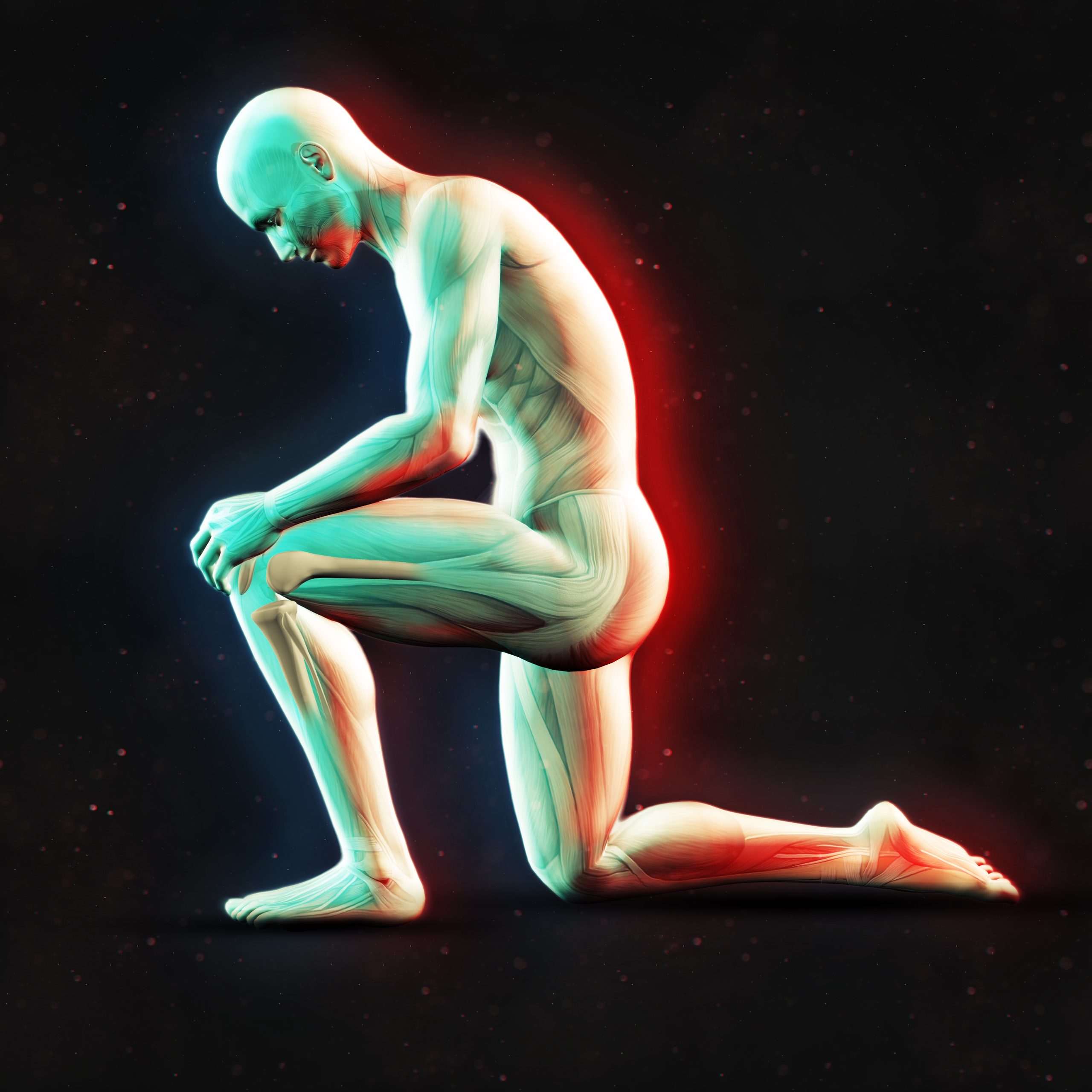Rheumatoid arthritis (RA) is a chronic autoimmune disease that affects the joints, causing inflammation, pain, stiffness, and swelling. Unlike osteoarthritis, which is caused by wear and tear, RA occurs when the immune system mistakenly attacks the body’s own tissues. Because of this, many people wonder: “Can rheumatoid arthritis be cured permanently?”
The simple answer is: No, rheumatoid arthritis cannot be cured permanently.
However, the condition can be controlled, reversed to some extent, and pushed into long-term remission with proper treatment, lifestyle changes, and early diagnosis. Many patients achieve a life with minimal symptoms and no joint damage which feels like a “permanent cure.”
This article explains how RA can be managed effectively and what steps you can take for long-term relief.
Understanding Rheumatoid Arthritis (RA)
RA affects the synovium the lining of the joints leading to chronic inflammation. Over time, this inflammation can damage cartilage, bones, tendons, and ligaments. Early treatment is crucial because untreated RA can cause:
- Permanent joint deformity
- Reduced mobility
- Organ involvement (lungs, eyes, heart)
- Chronic fatigue
That’s why early diagnosis and immediate management are key to preventing long-term complications.
Can Rheumatoid Arthritis Be Cured Permanently?
At present, there is no permanent cure for RA. But advances in modern treatment have made it possible to:
- Stop inflammation
- Prevent further joint damage
- Improve mobility and function
- Achieve long-term remission
- Live a normal, active life
So while you cannot erase RA from the body permanently, you can control it so successfully that symptoms disappear.
1. Early Diagnosis & Medical Management
DMARDs (Disease-Modifying Anti-Rheumatic Drugs)
These are the backbone of RA treatment. They slow down or stop the progression of the disease.
Common DMARDs include:
- Methotrexate
- Sulfasalazine
- Hydroxychloroquine
Biologic Agents
If DMARDs are not enough, biologics like anti-TNF drugs help by targeting inflammatory molecules.
Steroids
Used for short-term relief of flare-ups.
Pain relievers (NSAIDs)
Help manage swelling and daily pain.
Medical treatment alone cannot cure RA permanently, but it can eliminate symptoms and control the disease process.
2. Anti-Inflammatory Diet for RA Relief
Food plays a major role in inflammation. Many RA patients experience symptom remission through dietary changes.
Eat more:
- Omega-3 rich foods (salmon, chia seeds, walnuts)
- Turmeric and ginger
- Green leafy vegetables
- Berries and citrus fruits
- Olive oil
Avoid:
- Sugar
- Processed foods
- Excess dairy
- Fried foods
- Refined carbohydrates
👉 Related helpful read: Does Sugar Cause Arthritis
3. Natural Remedies to Reduce Inflammation
Several natural approaches help reduce RA symptoms and may lead to long-term remission:
Turmeric (Curcumin)
A powerful anti-inflammatory compound.
Ginger
Reduces swelling and stiffness.
Ashwagandha
Helps regulate immune response.
Omega-3 Supplements
Effective for joint inflammation.
Heat & Cold Therapy
- Heat relaxes stiff muscles
- Ice reduces swelling
👉 You may also want to read: How to Treat Arthritis Pain Naturally
4. Lifestyle Changes for Long-Term RA Management
Regular Physiotherapy
Physical therapy strengthens muscles, maintains flexibility, and protects joints from further damage.
If RA affects your wrist or hand, check:
👉 How to Reduce Arthritis Pain in Wrist
Exercise
Low-impact exercises reduce stiffness and improve mobility:
- Swimming
- Walking
- Yoga
- Pilates
Swimming is highly beneficial for joint pain.
👉 Related: Does Swimming Help Arthritis
Sleep & Stress Management
Stress increases inflammation. Mindfulness, meditation, and deep breathing help reduce symptoms.
5. Joint Protection Techniques
Using your joints carefully reduces stress on them. Techniques include:
- Using assistive devices
- Avoiding repetitive motions
- Taking breaks between tasks
- Using proper posture
6. Can RA Go Into Permanent Remission?
Yes, many people experience long-term remission, meaning:
- No pain
- No swelling
- No stiffness
- Normal blood tests
- No progression of joint damage
Remission can last for months or even years with consistent treatment and lifestyle management.
7. Surgical Options (Only for Severe Cases)
If RA has already caused severe joint damage, surgery may help:
- Joint replacement
- Tendon repair
- Synovectomy (removal of inflamed synovium)
These surgeries improve function but do not cure RA.
8. What You Should Never Do If You Have RA
- Do not ignore swelling or pain
- Do not skip medications
- Do not rely only on home remedies
- Do not push through severe pain during exercise
- Do not delay physiotherapy
Final Thoughts: Can RA Be Cured Permanently?
While rheumatoid arthritis cannot be cured permanently, it can be controlled so well that you can live a normal, pain-free life. With the right medical treatment, lifestyle changes, diet, physiotherapy, and natural remedies, many patients achieve long-term remission.
The goal is to prevent joint damage, reduce inflammation, and maintain mobility which is entirely possible with early and consistent care.
By taking a proactive approach, you can stop the disease from progressing, and for many people, RA becomes a manageable condition rather than a life-limiting one.






